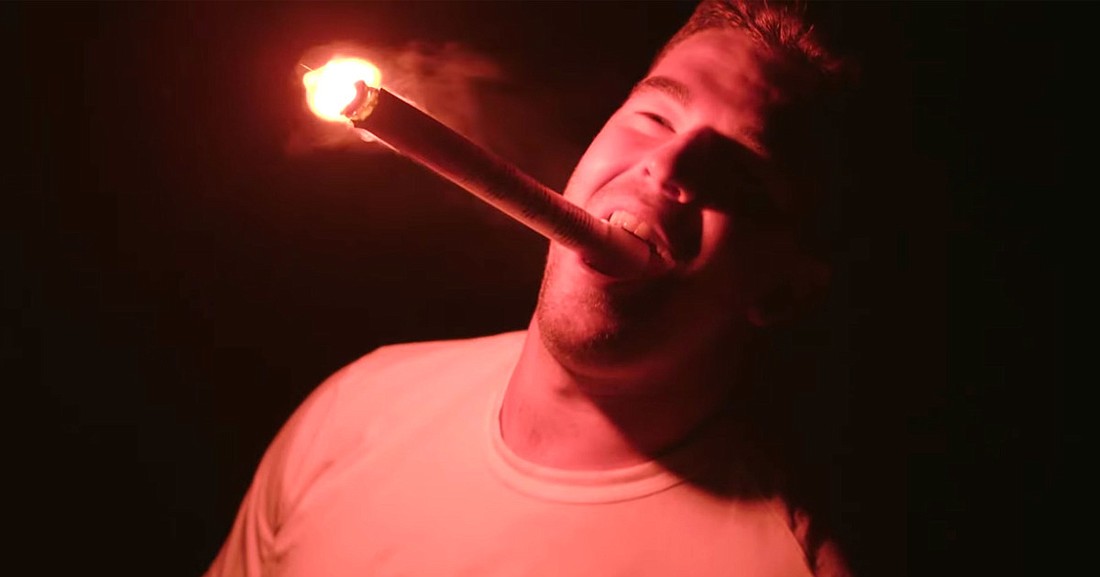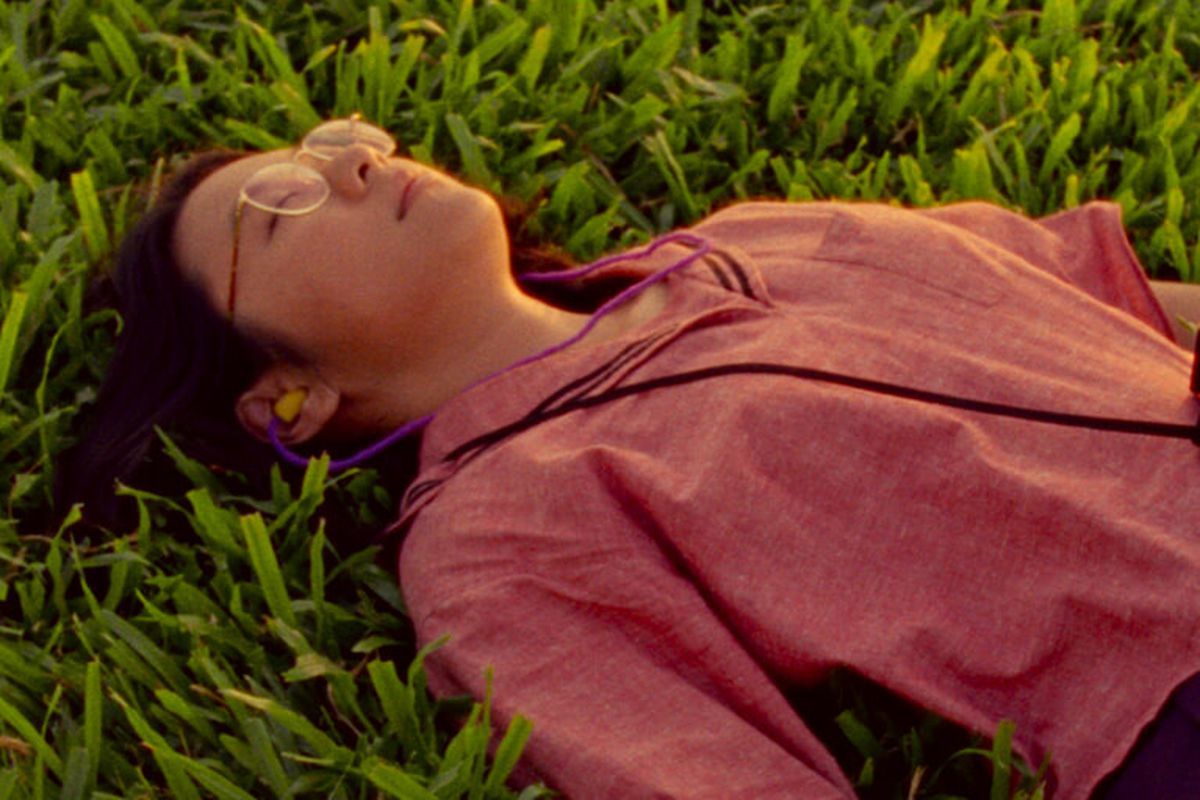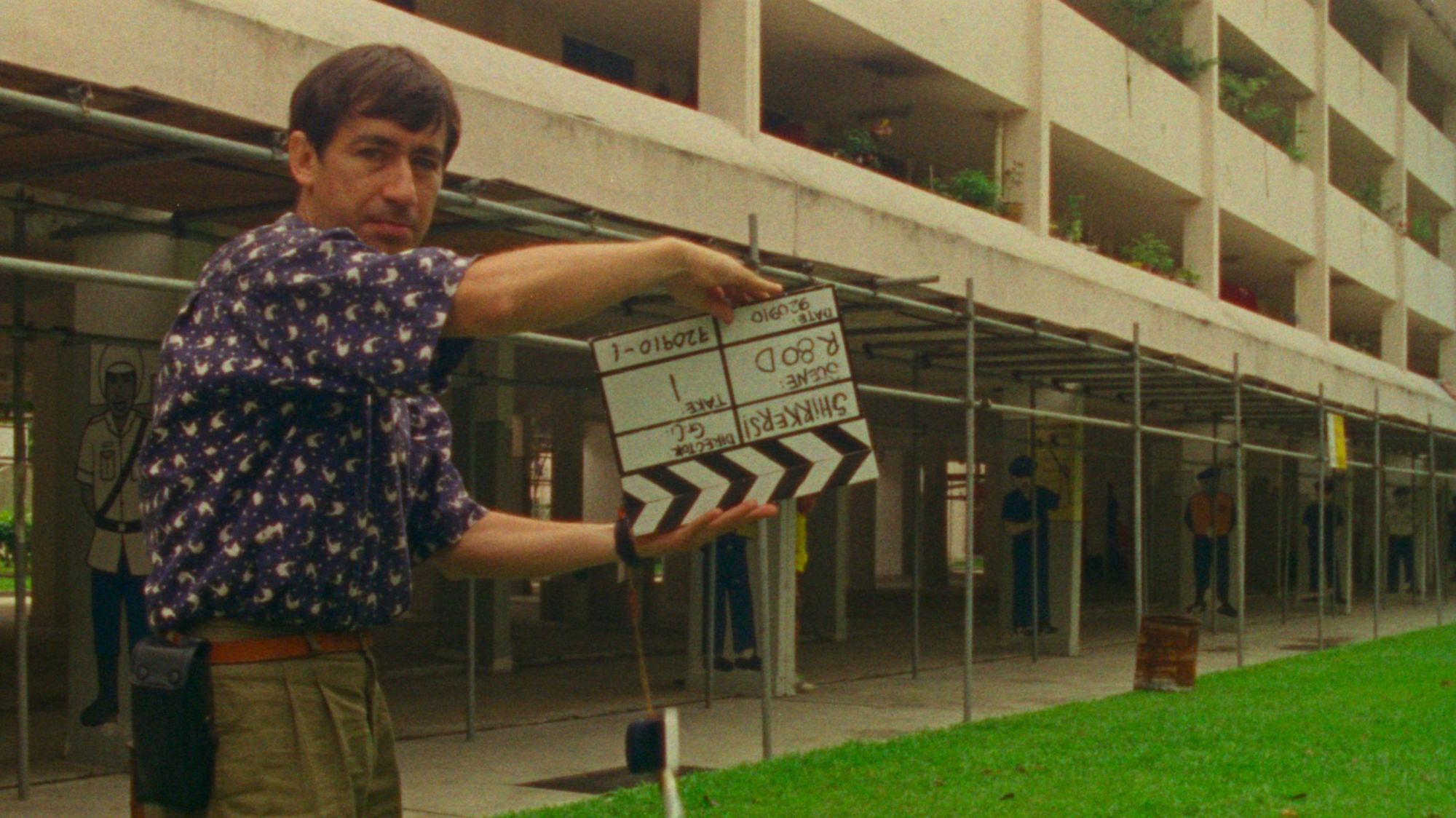- January 14, 2025
-
-
Loading

Loading

Another week, another Academy Awards controversy.
This week, the drama is…
*Spins wheel of mayhem* Tick, tick tick… tick.
Ah, yes, here we are. The Academy has decided to give out four awards during commercial breaks instead of during the broadcast. I suppose this is to make room for more presenters making hackneyed jokes or something. Because that is what we watch the show for, right? It’s not brilliance being recognized. It’s lowest-common-denominator comedy. Give me a break.
But, maybe there is solace in the awards they are skipping. While all aspects of film are vital to the final product, there are understandable sacrifices that could be made. Do we need to see two sound awards handed out, for instance? I assume those are the types of awards the Academy is sk-
Hm? It- it’s not? They’re skip- THEY’RE SKIPPING BEST CINEMATOGRAPHY? AND BEST FILM EDITING? (And Best Live-Action Short and Best Makeup and Hairstyling.)
Look. Looooooooooook. You know how sometimes you glance at a movie and it takes your breath away? Because the lighting perfectly accentuates a character’s emotions, or a character is dwarfed by a sweeping vista at sunset, or two character’s shadows tell a story all their own? That’s because of the film’s cinematographer (a.k.a. director of photography). To make a football analogy, the cinematographer is the offensive coordinator to the director’s head coach: The former deals with the nitty, gritty schematics while the latter deals with the human element and the overarching decisions. This is a simplification, but you get the idea. It’s the same theory behind film editing. Imagine how scattershot a movie like “Baby Driver” could have been without pitch-perfect editing?
These categories — all four, but especially these two — deserve recognition. Imagine not seeing Roger Deakins win Best Cinematography for “Blade Runner 2049” last year after making films vibrate off the screen over his 28-year career. It would have been a tragedy.
In an attempt to fend off any backlash for the move, the Academy also says it will air shortened versions of the winning speeches later in the broadcast. But I’m wary of how much of the speeches we will see, and besides, one second cut off is one second too many. These are people putting their life’s work on display, and they deserve as much screen time as everyone else.
Maybe this will become moot. The Academy did backtrack on its “Best Popular Film” award, after all. I’m begging you: Complain, complain, complain. Let’s get this decision reversed, too.
The only good film decisions made this week were by me, bringing you the following documentary selections. I think you’ll enjoy them.
Netflix, TV-MA, 97 minutes
I don’t know how much I can say about the documentary “Fyre” or its Hulu counterpart, “Fyre Fraud,” that has not been said.
By now, if you are pop culture savvy at all, you have heard about the saga that was Fyre Festival, which started as a way to promote an celebrity hiring app, and ended in disaster, lawsuits and a whole bunch of people tossed to the curb after giving all of themselves to try and make Fyre work.
But, maybe you have not! Maybe this blog is the first you are hearing of the app (which, if I am being honest, was a smart idea), and the festival, and Billy McFarland, and this viral image and what it represents:

If that is the case, I’m not going to spoil the most outrageous details of what happened, and there are many. I will only say that ‘90s rapper Ja Rule is involved, as is upstart media company FuckJerry, which has controversy beyond Fyre Festival. (Don’t they sound lovely?)

They only other thing I will say is why I am recommending “Fyre” over “Fyre Fraud.” Both paid participants to be in the films — Netflix paid FuckJerry, Hulu paid McFarland — and both hit the general beats of the story. But only one, “Fyre,” gives time to the people whose names you don’t know. Like Maryann Rolle, the restaurant manager who was forced to pony up her own savings to pay Fyre’s workers after McFarland could not, for instance. Or the people diligently working on the app back home, with no communication from their managers and their jobs in jeopardy through no fault of their own. Or Andy King, the man McFarland brought in last-minute to save the festival, only to end up humiliated.
It is OK to laugh at certain parts of the documentary, if only out of shock at the hubris and stupidity on display. It is important to think about the damage done, too, and the manipulative criminal behavior that caused it.
Netflix, TV-14, 97 minutes
“Shirkers,” the documentary, is the story of “Shirkers,” the movie.
You have never heard of “Shirkers,” the movie, because it was never released. It was written by Sandi Tan, who also starred in it and directed “Shirkers,” the documentary.
Following thus far?

The original film was shot in Singapore in 1992, when Tan was 18 and her film nerd gang — I use the term affectionately — had influences ranging from David Lynch to Jean-Luc Godard. In other words, the good stuff, the stuff most people in Singapore had never seen. Tan wanted to give the people a taste of it while flexing her own creative muscles for the first time. And she did, at least partly. The film was fully shot. The problem? It was stolen before it entered post-production by the film’s director and Tan’s film teacher, an American man named Georges Cardona, who then became a ghost. (It was easier to disappear back then.)
The documentary follows this period in Tan’s life and mixes in present-day interviews with her friends, all of whom were involved in the original film’s production. She chronicles the making of the film, but also searches for answers. Why would Cardona steal the film? What did he do with it? And most importantly, where is it now?

It does all this while Tan, as the director, pens a love letter of sorts to the influences she never got to show in 1992. Silent montages are painted with a pink and purple glow. Film strips are sometimes played backward. The documentary feels like a fleeting dream sequence, in part because, well, it was.
Tan’s actual dream was taken from her. “Shirkers” is Tan taking it back.